
Why the Cash Values the Most!
Cash matters because it gives you control, offers stability, provides security, & works in emergencies. It’s simple, inclusive, & reflects your country’s story.
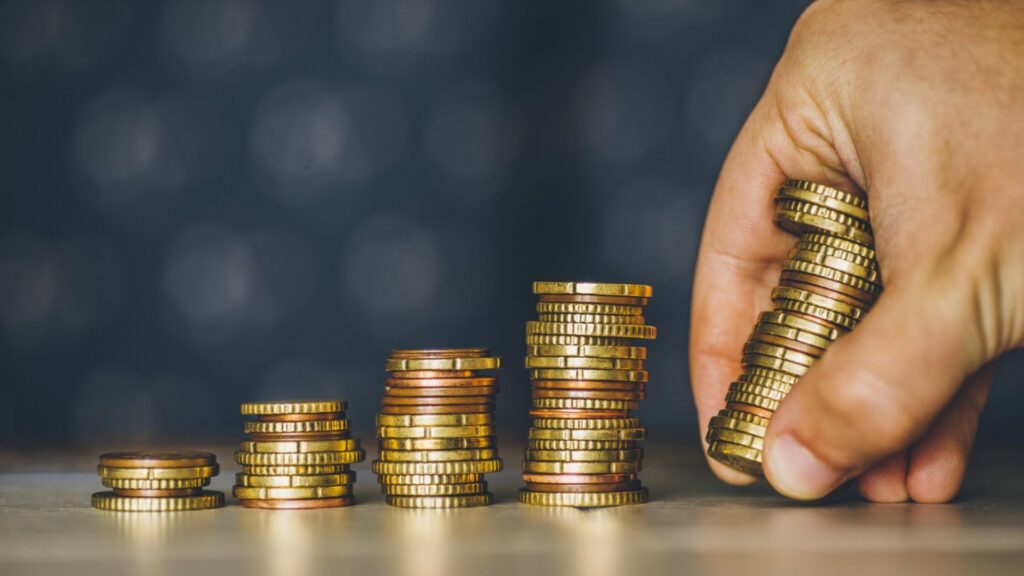
Modern payment methods are evolving, yet many still prefer cash. Cash matters because it protects independence, maintains currency stability, offers top-notch security, and stands strong during crises.
It also preserves privacy in a world filled with fraud and data collection.Cash’s tangibility and simplicity are invaluable in our digital age. Banknotes and coins showcase a nation’s identity and history. In summary, cash is essential!
Cash is unique because it doesn’t require any middlemen.
Cash stands out because it works without relying on an issuer or involving third parties. Canadian economist Pierre Lemieux highlights its intriguing aspect, noting that government currency availability safeguards against government and third-party intrusion.
Cash is accessible to everyone, with no exceptions.
Cash is the only payment method with no usage restrictions, regardless of the location or time. You don’t need a bank account, a good credit rating, internet access, or anything else when using cash.
For many, cash is a lifeline in their daily lives.
Cash serves a variety of purposes, and many rely on it, including the 1.6 billion unbanked or underbanked individuals worldwide who use cash for their daily expenses.
Cash is considered a public good.
Cash is non-excludable, meaning it can be used by anyone without restrictions, and it’s non-rivalrous, as one person’s use of cash doesn’t prevent others from using it simultaneously. This makes cash a versatile means of payment and transfer of value.
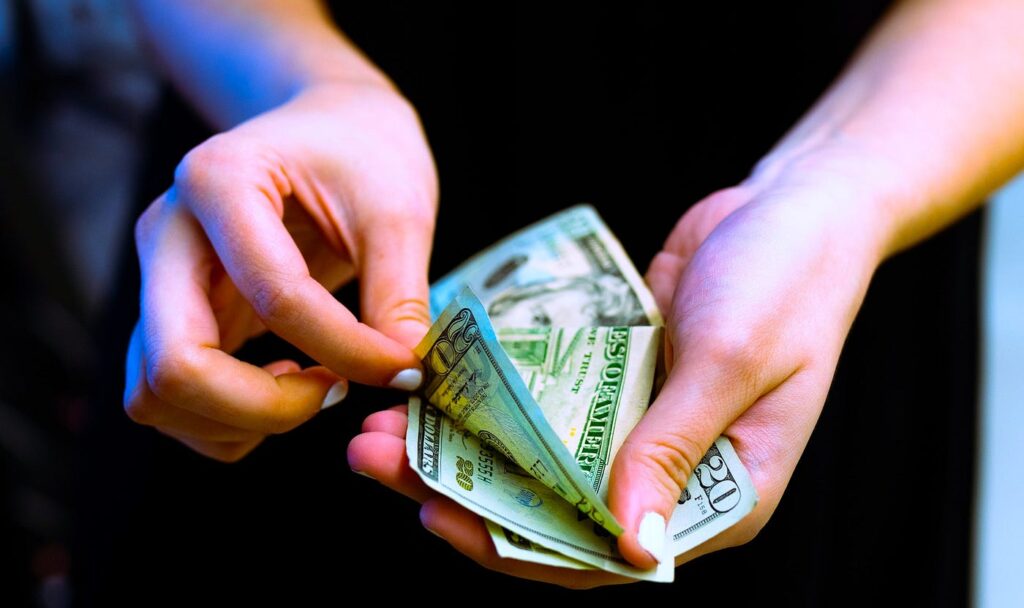
Consumers should have the freedom of how they want to pay for products & services.
Amidst a payment landscape controlled by profit-driven entities, cash remains a crucial lifeline for consumers. It ensures their freedom of choice when making transactions, unaffected by private interests.
In an increasingly diverse payment ecosystem, where various players compete for profit, cash stands out as a reliable and independent means of payment, safeguarding consumers’ ability to choose how they conduct their financial transactions.
When you use cash to make a purchase, it doesn’t cost you any extra money. It’s free!
Cash isn’t used to make money from its use. Instead, it’s used to help people transfer money without any extra fees. While there might be expenses related to handling cash, the value of cash itself remains the same when you use it for transactions. In contrast, other payment methods need to earn money for the companies that provide them, so they might charge fees or have other costs.
Cash is something that people use everywhere in the world.
Cash is made to be simple and straightforward. You don’t need to be a math expert to use it for everyday transactions, and you can even trade with it if you and the other person don’t speak the same language.
Using cash is the best way to protect your privacy and avoid being watched or tracked.
Cash plays a crucial role in stopping governments and businesses from keeping an eye on every single transaction and recording what people buy and where they go every day. Sometimes, when people use digital payments, their activities are tracked and used to create profiles and “scores” for citizens, which can be used to control them.
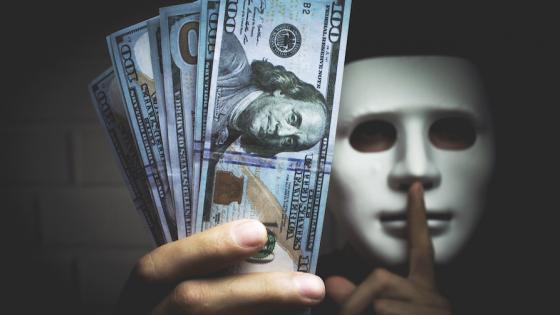
Cash encourages healthy competition among different payment methods.
Having cash as an option, which is a service available to the public for free, puts pressure on non-cash providers to keep their fees low. Consumers always have the choice to use cash if they want to avoid any additional charges when making payments.
Cash is considered the most secure way to make payments.
Cash has a rich history that spans hundreds of years and is present in almost every culture worldwide. However, it’s not just a relic of the past; it’s a modern form of payment that benefits from advanced technologies to prevent counterfeiting and make sure real banknotes and coins are easily identifiable.
Counterfeit money is at an all-time low globally, with only 17 fake euros per million notes in circulation as of 2020 and even fewer counterfeit Australian dollars, at just 15 per million notes as of 2019.
When it comes to their money, people have complete control only when they use cash.
If we didn’t have cash, consumers would rely entirely on commercial banks and payment providers for their financial transactions. Ideas like negative interest rates on deposits, as suggested by economist Kenneth Rogoff, could only be enforced if cash were eliminated.
When cash is available, individuals can easily take out their money and keep it elsewhere if they wish. Without cash, this choice would disappear, along with the balance of power it maintains between citizens and the commercial banking sector.
During a crisis, cash is often the preferred payment method.
Cash is included in disaster preparation lists around the world, including those from organizations like America’s Federal Emergency Management Agency (FEMA). When infrastructure fails during a crisis, such as power outages or loss of internet, cash in the form of banknotes and coins remains usable, while cashless options become inaccessible.
During the COVID-19 pandemic, many countries, including the United States, Australia, Canada, Japan, and the UK, witnessed a surge in cash withdrawals, highlighting the value of cash during uncertain times.
For instance, in 2021, heavy flooding in central China displaced over a million people, leaving them unable to pay for essential items. Notably, cash was included in a list of 20 survival essentials to help people prepare for future disasters.
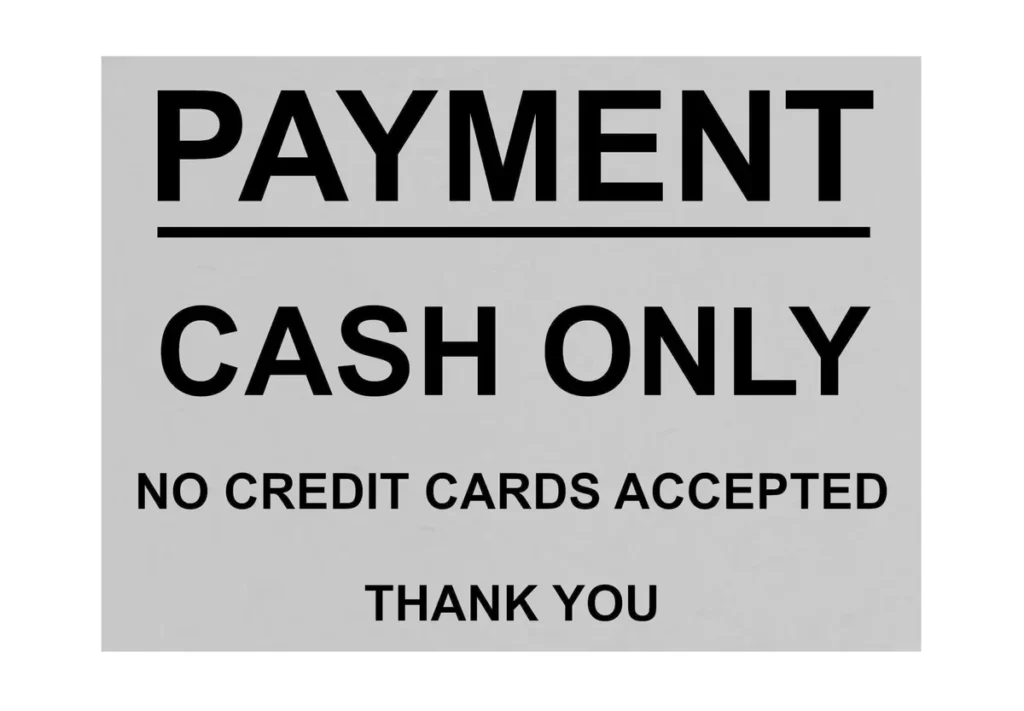
Cash remains a popular payment method all around the world.
According to the Worldpay Global Payments Report from 2021, cash is still the preferred payment option in Latin America and countries like India, Japan, and The Philippines. In the Middle East and Africa, it makes up more than half of all transactions. In Europe, it’s used for nearly 28% of point-of-sale payments, with particularly high popularity in Austria, France, Germany, Italy, Spain, and Poland.
Cash’s tangible quality makes it a helpful tool for budgeting.
The longstanding practice of separating money into different envelopes or categories, like rent, food, and daily travel expenses, makes it simple for people to manage their finances. As poverty and debt continue to grow worldwide, budgeting becomes increasingly important, and cash can be a valuable tool in this regard.
Cash represents value in a physical form, making it easy to count and clearly marked with numbers.
Experts, including Forbes, often advise parents to let their children observe them making cash purchases from a young age. They also recommend giving pocket money in cash and encouraging children to spend some, save some, and donate some. This helps teach children good money habits.
The Practice of exchanging cash in Stores and markets is a part of histories and cultures all around the world.
Banknotes and coins serve as a nation’s representation. The images on them capture significant moments and reflect the identity of the people. As a result, individuals treasure banknotes and coins not just for their monetary value but also as small pieces of art.
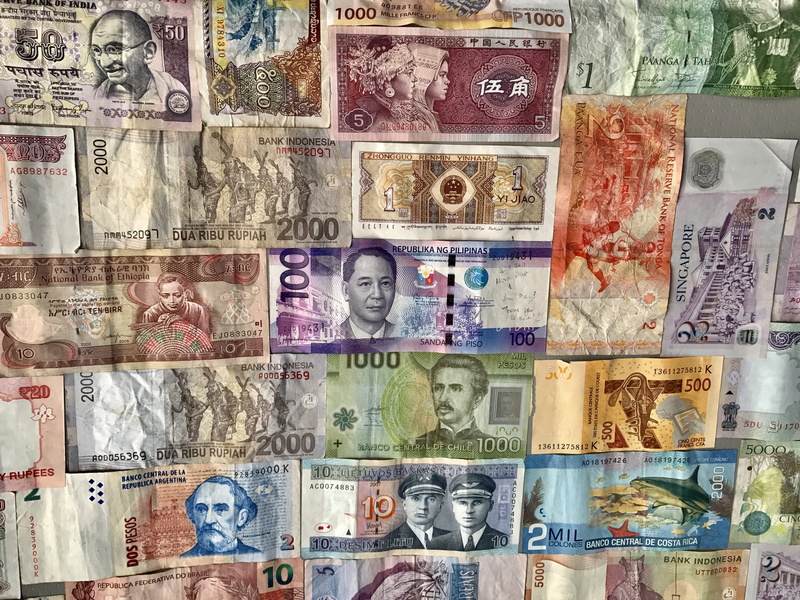
Cash payments take effect right away.
When you use cash for payments, there’s no delay between giving and receiving money. It’s a method where business partners don’t necessarily have to know or trust each other. This makes it perfect for settling immediate payments in unfamiliar situations.
Cash continues to be a product that remains relevant and in demand.
Both in terms of the product itself and the infrastructure supporting it, the market for cash is expanding. The amount of cash in circulation increases by 2-3% each year, and over 75% of all person-to-person payments worldwide are still made using cash.
Cash is accepted as legal currency in nearly all countries around the world.
“Legal tender” refers to a type of currency authorized by a government and issued by central banks. Due to its legal tender status, there are ongoing discussions in many countries, including the United States, about requiring businesses to accept cash as a form of payment. In the U.S., there is bipartisan support for a bill that upholds the right to use cash for transactions.
Cash is a secure form of payment.
Medical experts and numerous central banks worldwide have affirmed that cash is a safe payment method from a health perspective. Both the United States Centers for Disease Control and Prevention and the World Health Organization have stated that the risk of COVID-19 transmission through surfaces, including cash, is very low, with the primary mode of infection being through aerosols.
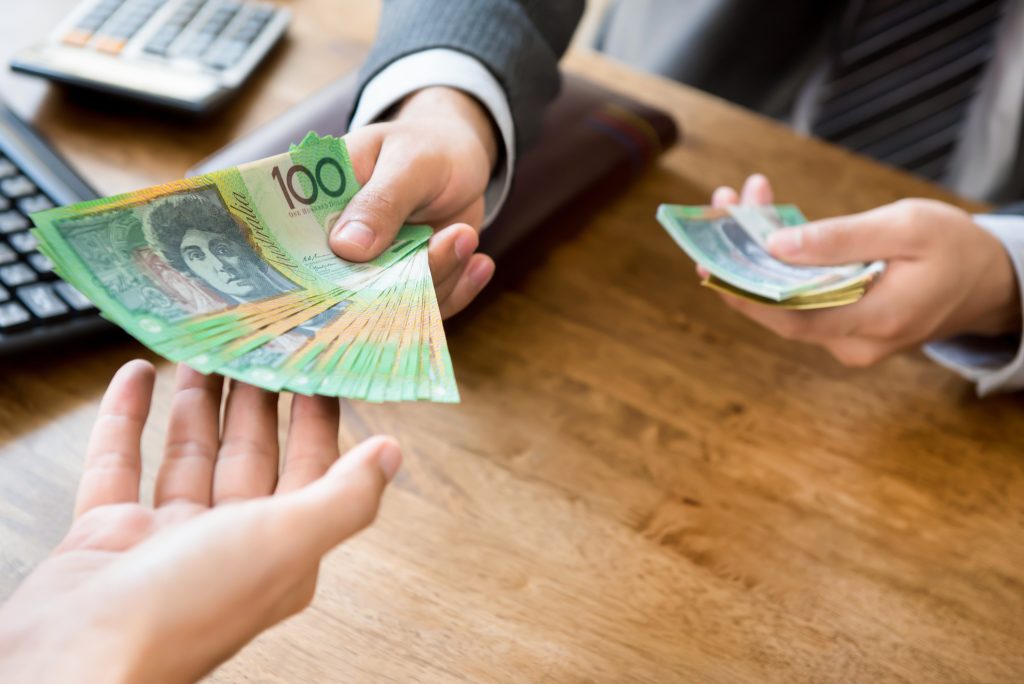
The information provided underscores that cash is not just a traditional form of payment; it continues to play a significant and relevant role in various aspects of society, from finance to privacy to public health. It’s a versatile and enduring tool that holds value for individuals and nations alike.
Never miss any important news. Subscribe to our newsletter.
Related News


British Investor Who Predicted US Slump Warns of Next Crash

I’m a Death Doula: 4 Reasons I Believe Death Isn’t the End


Tech to Reverse Climate Change & Revive Extinct Species

AI Unlocks the Brain’s Intelligence Pathways

XPENG Unveils Iron Robot with 60 Human-like Joints

Can AI Outsmart Humanity?

11 ChatGPT Prompts to Boost Your Personal Brand

Keir Starmer Hints at Possible Tax Hikes on Asset Income

Navigating the Future of AI: Insights from Eric Schmidt
